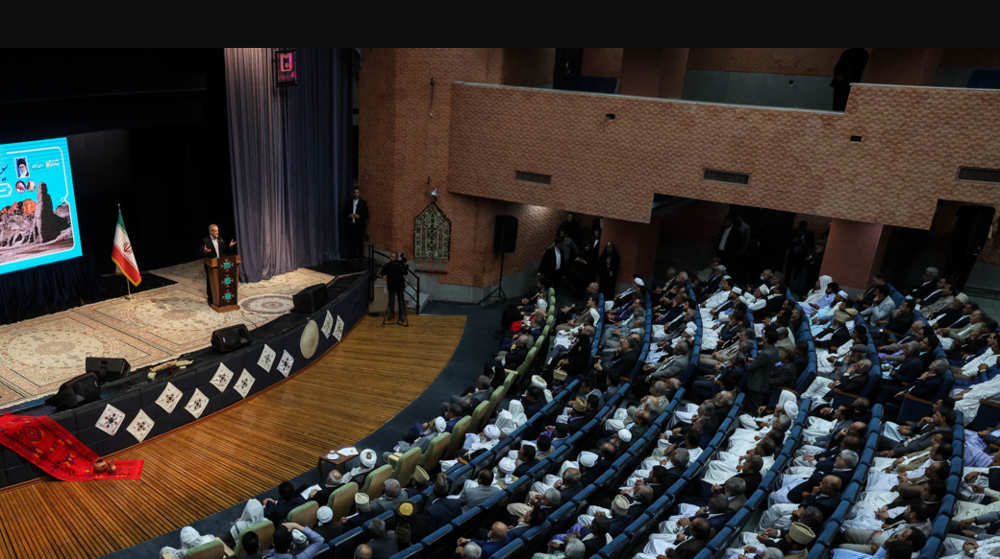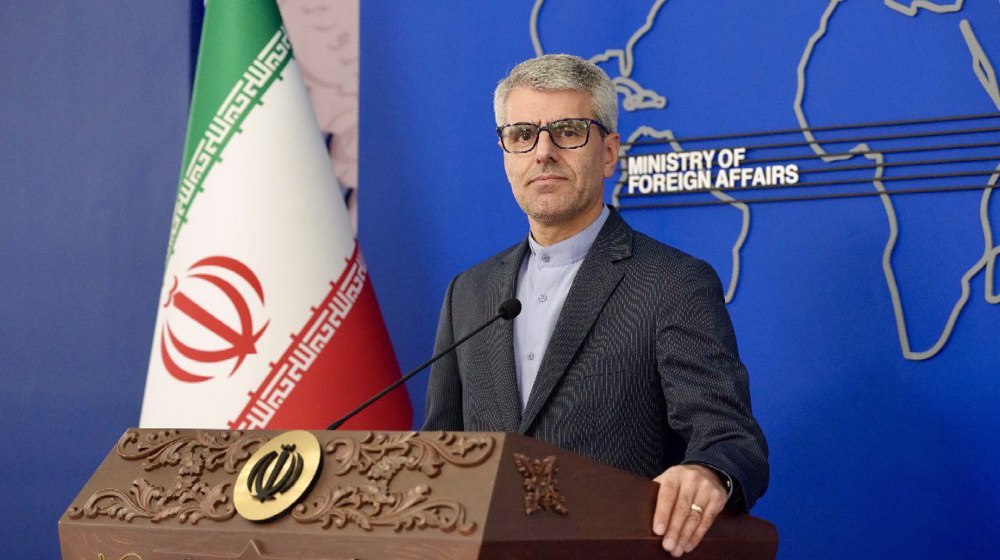Iran ready for anti-terror cooperation with Mali: Zarif
Iranian Foreign Minister Mohammad Javad Zarif has voiced concern over the presence of terror groups in Mali, saying Tehran is ready for cooperation with the violence-hit state in its battle against terrorism and extremism.
In a Thursday meeting with Mali’s Prime Minister Modibo Keita in Bamako, Zarif described the West African country as “the cradle of moderate and tolerant Islam,” saying Iran regrets the presence of extremist groups there.
Zarif further said extremism is an “ugly phenomenon” which is also plaguing the Middle East region besides Africa, stressing that “Iran is prepared to cooperate with Mali in the area of fighting terrorism and extremism.”
He further highlighted cultural commonalities between Iranian and Malian nations, saying Tehran attaches significance to bilateral relations with Bamako.
Iran is ready to bolster economic relations with Mali in various spheres, including agriculture, health, education and energy, the top Iranian diplomat added.
The Malian prime minister, in turn, called for closer Tehran-Bamako relations, saying the Islamic Republic serves as a good role model for all developing nations.
Iran acted with vigilance and courage in the face of obstacles, and managed to protect its national interests, the premier added.
The Islamic Republic’s power stems from its rich culture and civilization, said Keita, adding that the two countries should enhance their interactions, particularly in the area of commerce.
On the fourth leg of his West African tour, Zarif arrived in Mali earlier in the day for talks with the country’s senior officials after his visits to Nigeria, Ghana and Guinea.
During his trip to Mali, Zarif also sat down for talks with Issaka Sidibé, the president of the country’s National Assembly.
Sidibé hailed “very good” relations between Iran and Mali, saying his country firmly backs the Islamic Republic’s stance on regional and international issues.
The top parliamentarian official further thanked Iran for providing medical aid to Malian people.
Zarif, for his part, voiced Iran’s readiness to assist the African nation in the fight against drug trafficking and terrorism.
The senior Iranian official expressed hope for a peaceful settlement of Mali’s domestic issues in line with the interests of the nation and its Muslim community.
Militancy in Mali
Mali has been witnessing violence linked to militant activity in its northern regions since 2012. The area remains vulnerable to attacks despite the military intervention led by France.
In June 2015, Tuareg separatists, who have launched a number of uprisings since the 1960s, signed a peace deal with the Malian government. The peace agreement, brokered by Algeria, raised hopes for an end to years of unrest in the country; however, its implementation has proven challenging.
Northern Mali is home to a separatist movement as well as to al-Qaeda linked militants who have staged a series of high-profile attacks both in Mali and in neighboring countries such as Burkina Faso.
VIDEO | Intl. Day for the Elimination of Violence against Women: A stark reminder of Gaza women
Australia denies ex-Israeli minister Shaked visa
VIDEO | 85% of Yemeni displaced people face daily hunger crisis
US House passes bill targeting charities and pro-Palestine groups
VIDEO | Supporting Gaza genocide
Hezbollah attacks Israeli forces after Lebanese homes blown up
World leaders, states hail ICC arrest warrants for Netanyahu, Gallant
MP: US accountable for possible Israeli 'foolishness' to attack Iraq













 This makes it easy to access the Press TV website
This makes it easy to access the Press TV website